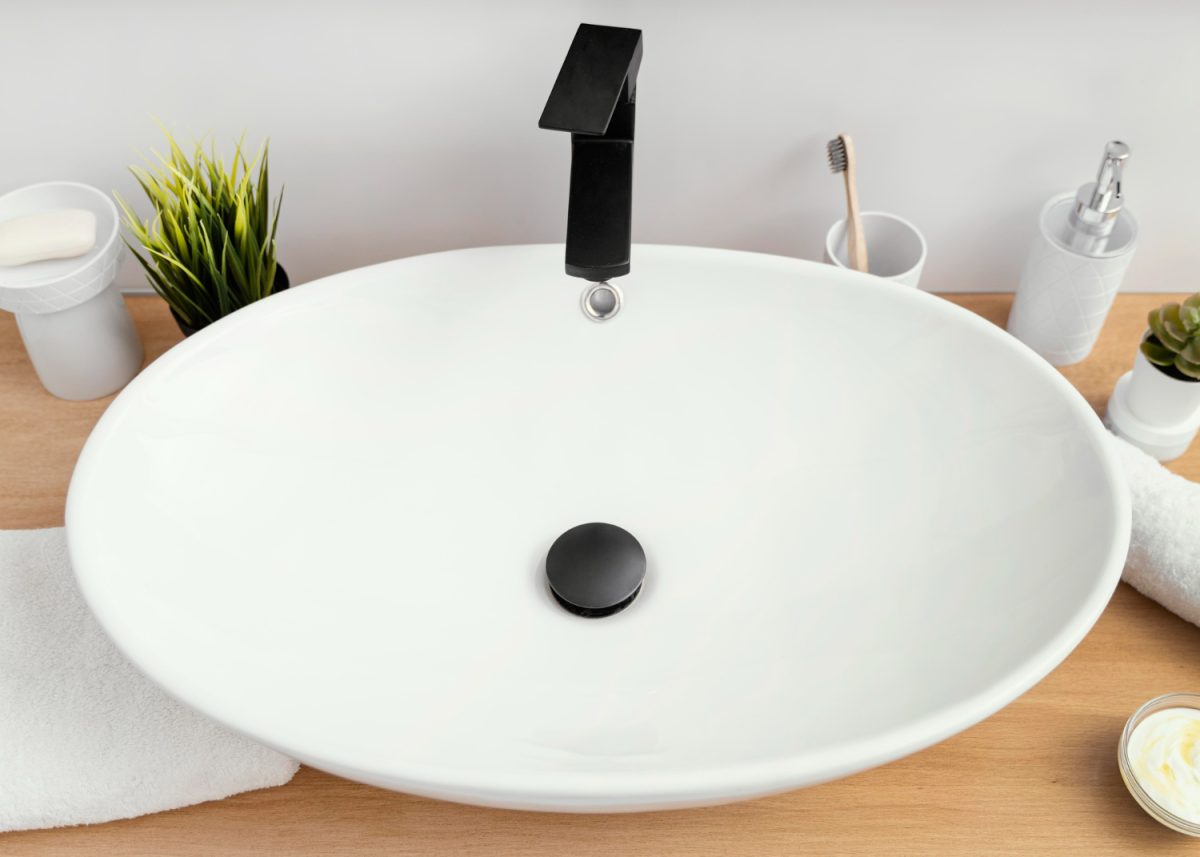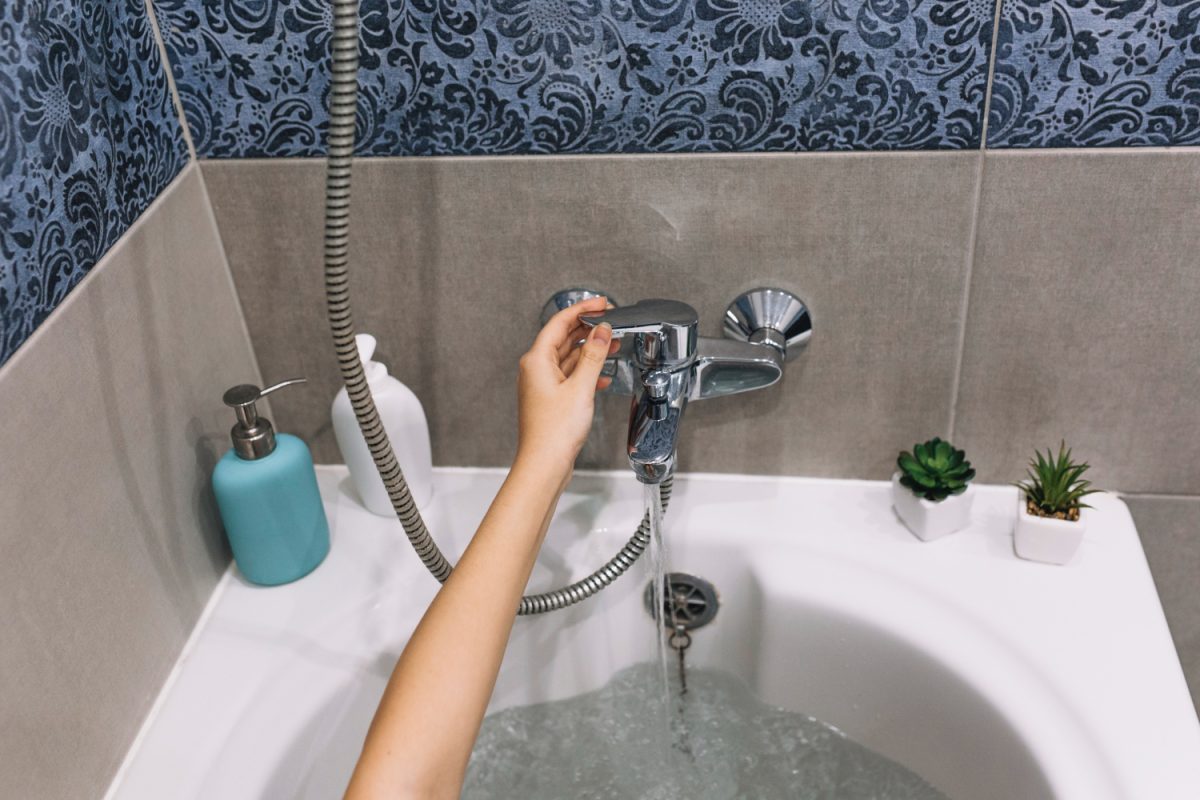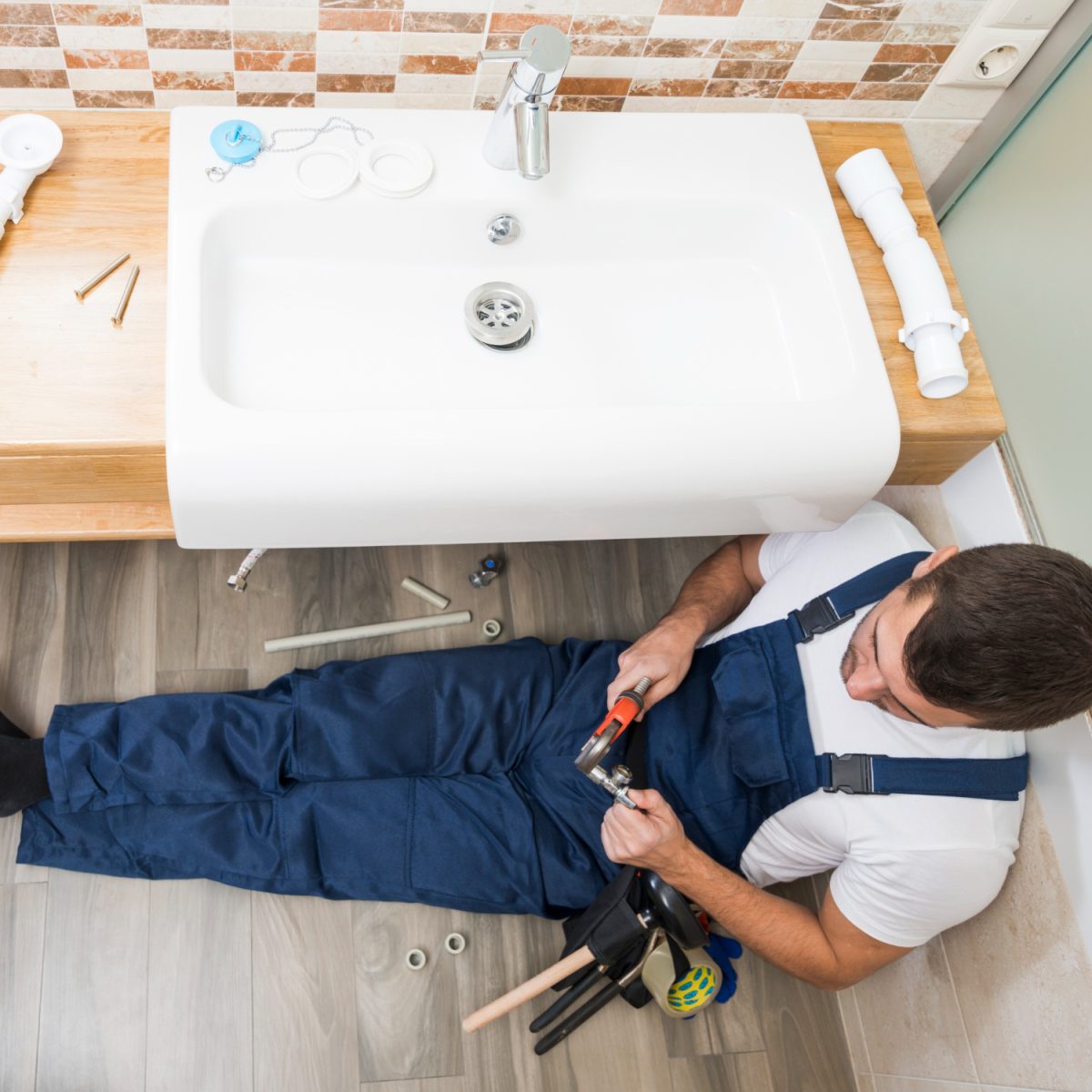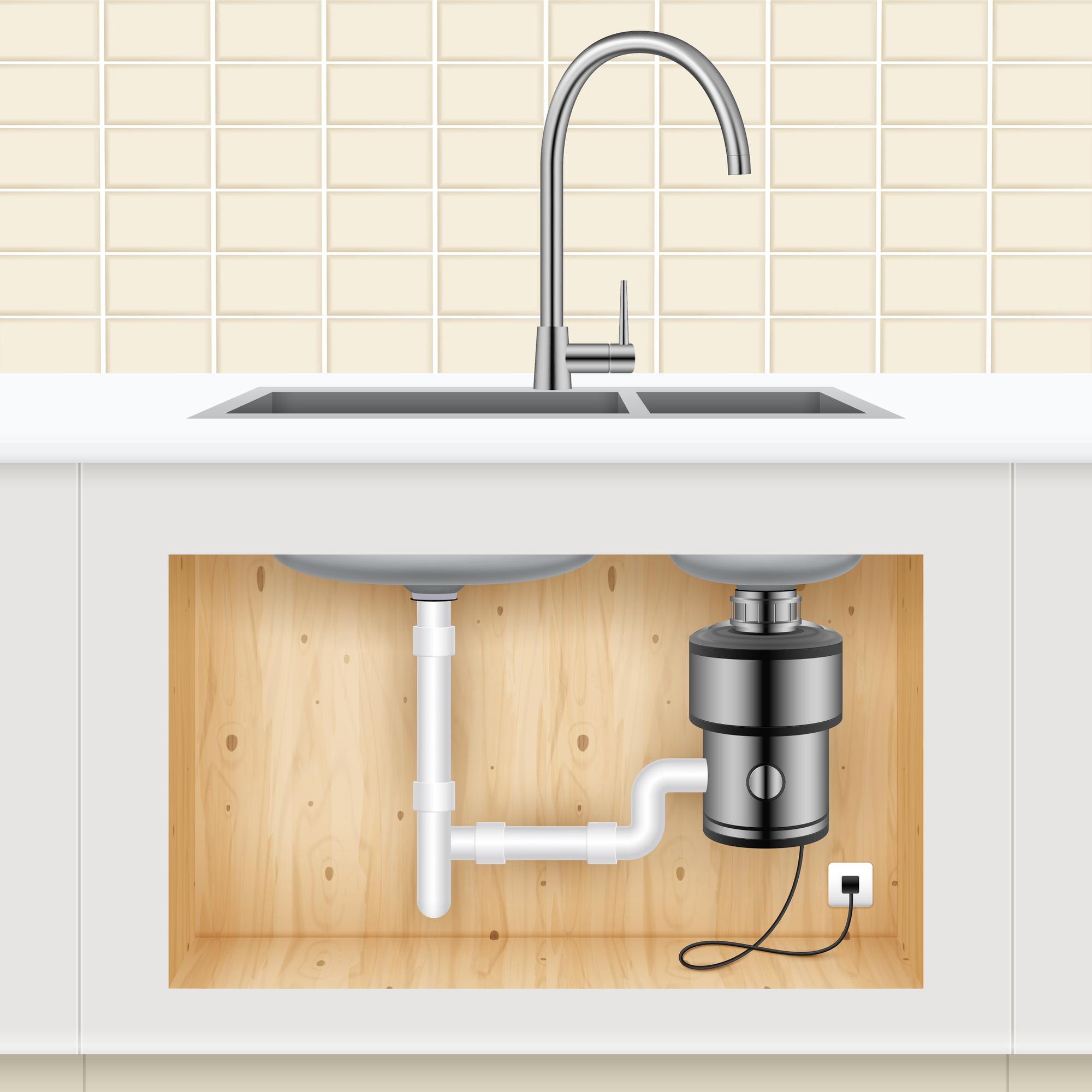Contents
- Introduction
- 1. Know What Goes Down the Drain
- 2. Regularly Remove Hair and Debris
- 3. Use a Natural Drain Cleaner
- 4. Boiling Water Method
- 5. The Power of Plunging
- 6. Monthly Maintenance – Bathroom Sink Drain
- 7. Avoid Pouring Grease Down the Drain
- 8. Be Cautious with Chemical Cleaners
- 9. Regularly Check for Leaks
- 10. Seek Professional Help
- Conclusion
- FAQs
Introduction
Dealing with a clogged bathroom sink drain can be a frustrating and messy experience. However, with the right knowledge and preventive measures, you can avoid this hassle altogether. In this ultimate guide, we will explore effective ways to keep your bathroom sink drain clear and prevent clogs from disrupting your daily routines. Say goodbye to plumbing issues and enjoy a smoothly flowing bathroom sink with these helpful tips!
1. Know What Goes Down the Drain
The first step in maintaining a clean bathroom sink drain is to be mindful of what goes down it. Avoid allowing large chunks of food, hair, or foreign objects to enter the drain. Consider installing a drain strainer to catch debris and prevent them from causing blockages.
2. Regularly Remove Hair and Debris

Hair is one of the main culprits behind clogged bathroom sink drains. Regularly remove visible hair and debris from the sink stopper or drain strainer. This simple practice can significantly reduce the risk of clogs.
3. Use a Natural Drain Cleaner
Instead of relying on harsh chemical drain cleaners that can damage your pipes and harm the environment, opt for natural alternatives. A mixture of baking soda and vinegar can effectively break down grease and organic matter, keeping your bathroom sink drain clear and odor-free.
4. Boiling Water Method

Periodically pour boiling water down the drain to dissolve any accumulated soap scum or grease buildup. This straightforward technique can help maintain a smooth-flowing bathroom sink drain.
5. The Power of Plunging
If you notice slow drainage or suspect an impending clog, use a plunger to dislodge the obstruction. Plunging creates pressure that can force the clog to move, allowing water to flow freely again.
6. Monthly Maintenance – Bathroom Sink Drain

To prevent future clogs, make it a habit to perform monthly drain maintenance. Use a drain snake to remove any stubborn clogs that may be lurking deeper within the pipes.
7. Avoid Pouring Grease Down the Drain
Never pour cooking grease or oil down the bathroom sink drain. Grease can solidify and cause severe blockages. Dispose of grease properly in a sealed container or use it for composting.
8. Be Cautious with Chemical Cleaners
While natural drain cleaners are gentle and safe, commercial chemical cleaners can be harsh on your plumbing system. Use them sparingly and strictly following the manufacturer’s instructions.
9. Regularly Check for Leaks
Leaky pipes can lead to water damage and attract debris, contributing to clogs. Regularly inspect your bathroom sink’s plumbing for leaks and get them fixed promptly.
10. Seek Professional Help
If you encounter persistent clogs or notice unusual plumbing issues, don’t hesitate to seek professional help. A licensed plumber can diagnose and fix any underlying problems, ensuring your bathroom sink drain stays clear and trouble-free.
Conclusion
With the ultimate guide to keeping your bathroom sink drain clear, you can say goodbye to clogs and plumbing nightmares. By following these simple yet effective tips, you’ll enjoy a smoothly flowing-sink and a hassle-free bathroom experience. Remember to be mindful of what goes down the drain, regularly maintain the plumbing, and opt for natural cleaning solutions. By doing so, you’ll keep your bathroom sink drain in top-notch condition for years to come.
Visit Our Bathroom Decover Website for More Hacks & Tricks.
FAQs
- Can I use chemical drain cleaners to clear my bathroom sink drain? It’s best to avoid harsh chemical drain cleaners as they can damage your pipes and harm the environment. Instead, opt for natural drain cleaners like baking soda and vinegar.
- How often should I perform drain maintenance? Monthly drain maintenance is recommended to prevent future clogs and keep your bathroom sink drain clear.
- What do I do if I encounter persistent clogs despite regular maintenance? If you encounter persistent clogs, it’s best to seek professional help from a licensed plumber. They can diagnose and fix any underlying plumbing issues.
- Can I use a plunger for all types of clogs? Plungers are effective for most minor clogs, but if you suspect a more severe blockage, it’s best to consult a plumber to avoid causing further damage.
- Is it essential to install a drain strainer in my bathroom sink? Installing a drain strainer is a simple and effective way to prevent hair and debris from clogging your bathroom sink drain. It’s a worthwhile investment to keep your drain clear and functioning optimally.
